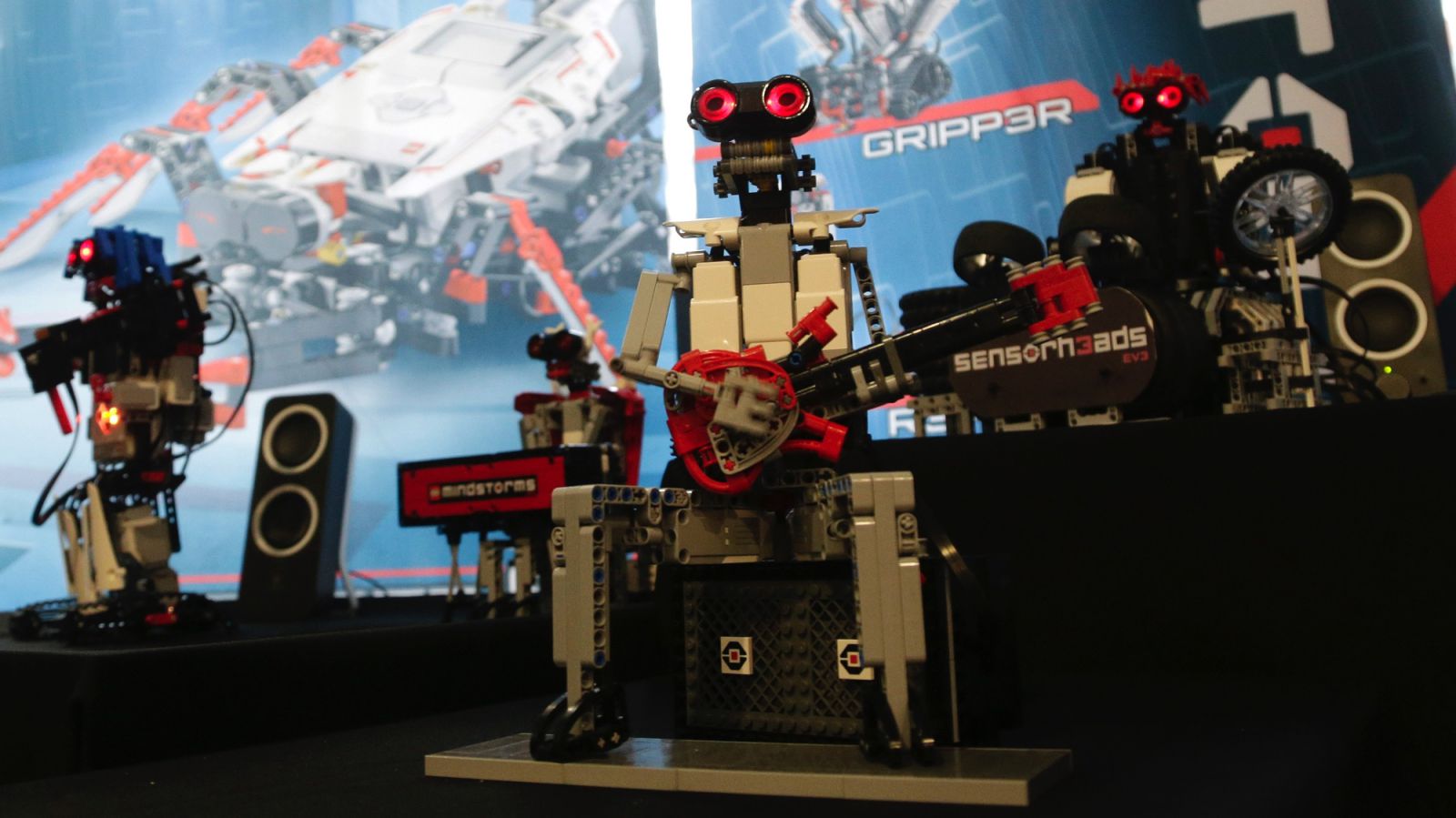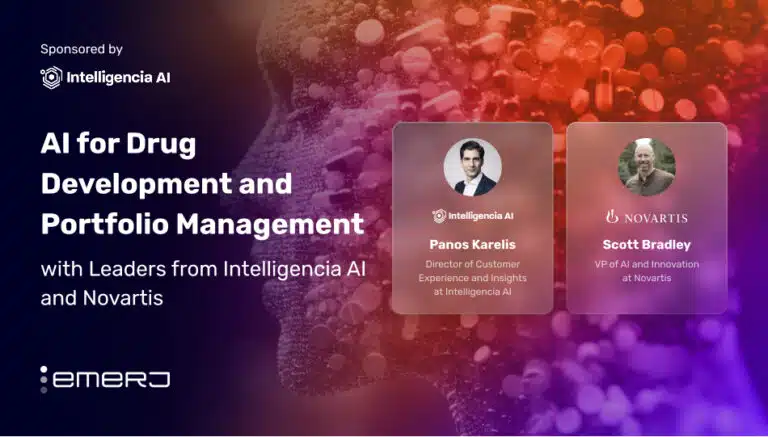1 – Humans, Not Robots, Are The Real Reason Artificial Intelligence Is So Scary
Imagine that, sometime in the future, a criminal entity was to steal one of Google’s self-driving cars, strap an automatic weapon to the roof, and reprogram the car to drive around and target people. This shocking image of the potential dangers of autonomous weapons – in the hands of ill-seeking humans – is what makes the idea of artificial intelligence downright terrifying. While we’re not close to developing human-like artificial intelligence that has the ability to “take over the world”, world governments, including the US, China, and Russia, are all developing autonomous drones and other AI weapons, presenting an immediate danger to the general population. While the Future of Life petition to ban AI weapons was issued in the face of this threat, there have not yet been any lasting policy decisions made by the UN.
(Read the full article on NextGov)
2 – How Tech is Transforming Our Concept of Music
This month, a professor at the University of Arizona School of Music was funded by the Department of Defense to build software that can improvise along with a live musician. The program, which used performances from legendary musicians like John Coltrane, Miles Davis and Louis Armstrong, is the “smartest practice tool in existence”, and could potentially decode human creativity and communicate in more human-like ways. Another computer system called Melomics, created by students from the University of Malaga in Spain, uses evolutionary algorithms to compose music without human assistance. The software is unique in how it sequences data, which is done based on bio-inspired algorithms. Furthermore, the software’s technical skills improve with each attempt. A handful of other innovative music technologies, including a 3-D printed violin, are on the verge of revolutionizing the music industry as we know it.
(Read the full article on Tech.Mic)
3 – Stanford Students Create Ping-Pong-Playing Robot
As a (successful) final project, students in an “Experimental Robotics” class created Kuka, a ping-pong playing robot that combines the use of vision, manipulation, and real-time response capabilities. Other groups programmed robots that can play kendama and serve as a moving landing pad for drones. The team that created Kuka were focused on creating a robot that could intercept the ball, see the ball, watch its movement, and calculate where the ball would land; the secondary goal was to program the robot to figure out how to hit the ball, a goal that was largely achieved.
(Read the full article on The Stanford Daily)
4 – Silicon Valley Leader on Why Artificial Intelligence Probably Won’t Kill Us All
The voices speaking out against autonomous AI weapons and potential robots have been heard the world over. This high-profile group of tech experts, consisting of the likes of Stephen Hawking, Nick Bostrom, and Elon Musk to name a few, have gone on the record and presented the now well-known ban to the UN this summer. Not all AI experts, however, are ready to hop in the same boat. Founder of Evernote Phil Libin recently stated in an interview on The Time Ferriss Show that the proposed concerns are dependent on the notion that eliminating humanity is the “intelligent” decision. He remarks,
I don’t understand why the obviously smart thing to do would be to kill all the humans. The smarter I get the less I want to kill all the humans!
Maybe the smarter thing to do, he suggests, is to investigate why we hold these notions about our species – and aim to find solutions to this conundrum.
(Read the full article on Outer Places)
5 – Artificial Intelligence Can Boost Conventional Security Systems
Professor Milind Tambe from University of Southern California (USC) has developed new algorithms that have real potential to boost conventional security systems. Speaking at the 4th lecture of The Roddam Narasimha Lecture Series at the Indian Institute of Technology Gandhinagar (IIT-Gn) on Monday, Professor Tambe demonstrated how this algorithms can be used to generate schedules for security personnel deployed at different areas. Based on game theory, Tambe’s algorithms are already being applied within the US Coast Guard, the Los Angeles Sheriff’s Department, the Los Angeles Airport Police, and other places. Development used real-life tests to asses the effectiveness of conventional systems compared to a system assisted by Tambe’s algorithm; the latter was significantly more effective.
(Read the full article on The Times of India)


















